Don't Be Scared
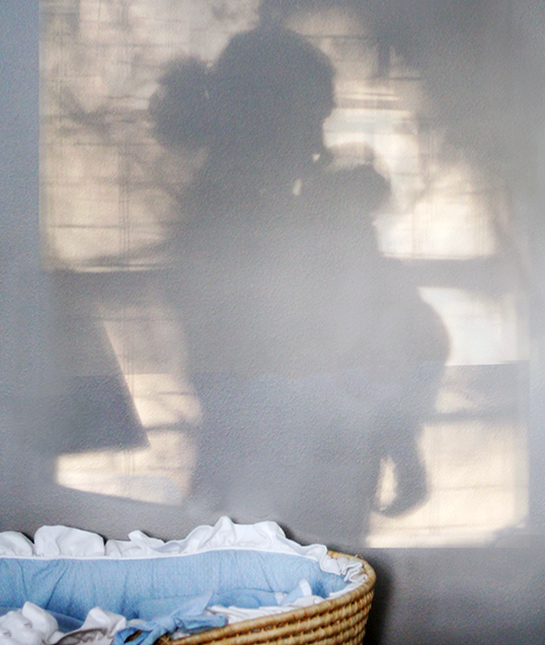
Our day-to-day lives are built upon fear. Fear of failure. Fear of obsolescence. Fear of loneliness. The ever-popular fear of missing out (FOMO). Becoming a mother raises the dial on fear to about 23 billion degrees, especially when you're a new mom, and you haven't yet gained the self-confidence to fully trust your own motherly instincts.
Pregnant and already petrified out of your mind? I was once in your shoes. Read on to learn about the most commonplace fears you may experience as a newly minted mom, and learn why—when it comes down to it—you really should just simmer down.
Am I Doing It Wrong?
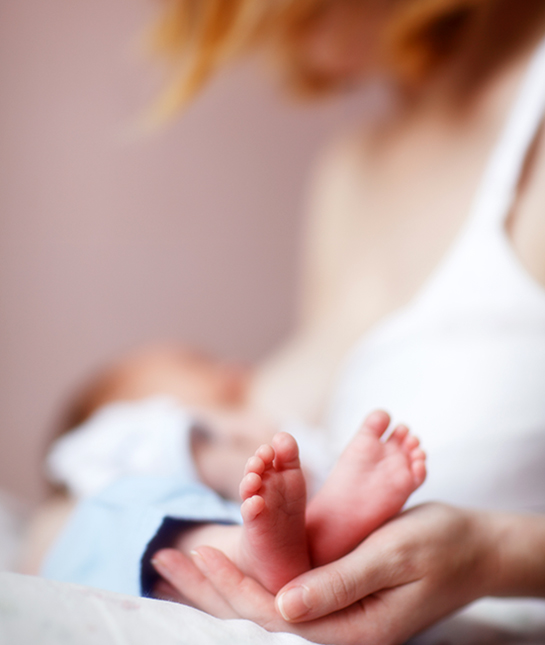
Two weeks before my due date, having already read approximately 5 billion books about pregnancy, I realized that I had no clue about how to care for a newborn. And once I popped out my daughter, I experienced anxiety over the fact that once my husband's two-week paternity leave ended, the buck would stop with me.
Even after the diaper-changing and the breastfeeding became second nature, I still worried that I Was Doing It Wrong. And you will, too. Especially because everyone you come into contact with will eagerly tell you why and how you're Doing It Wrong. Breastfeeding vs. bottle feeding. Breast milk vs. formula. Baby-wearing vs. everything else. People get very passionate about these things. Tummy time. Pacifier usage.
What you have to understand is that, no matter what side of these debates you fall on, you're doing great. Because your child is loved.
Do My Baby Blues Mean I Don't Love Her Enough?

Or rather, will admitting to others that you're struggling make them think you're an ungrateful, uncaring monster who does not love your child?
It took my husband and me three and a half years to get pregnant. And when Emily finally came into my life, my heart exploded with happiness. Six months in, my heart still feels in a constant state of bursting. Still, in the first two to three months of new motherhood, I felt so overwhelmed I cried nearly every other day. And it was hard to admit that to people.
According to the American Psychological Association, an estimated 9 percent to 16 percent of postpartum women experience postpartum depression. And a much larger number of postpartum women (60 percent to 80 percent) experience the plain old baby blues. Why? Motherhood is flipping hard!
Sometimes, realizing you're not alone can make all the difference in the world. Consider searching for local postpartum support groups after you've recovered from your delivery. My regular meetings were always the bright spot in my week.
Is There Something Horribly Wrong With My Baby?

My baby has eczema. Something is horribly wrong. My baby has acne. Something is horribly wrong. My baby has the hiccups. Something is horribly wrong. My baby vomited all over herself. Something is horribly wrong (and it's all my fault.) My baby sounds like Darth Vader when she breathes. Something is horribly wrong and she obviously has pneumonia and oh my god should we go to the emergency room?
Thanks to the aforementioned speed reading of baby books, I actually didn't freak out too much over all the weird things that present with babies. Rather, I would observe something that might possibly be problematic, flip to the index in my book, and then read about how everything was totally normal and I should chill out.
So let me save you even that trouble. See something weird? It's normal. Chill out.
What If My Baby Is Developmentally Slow?
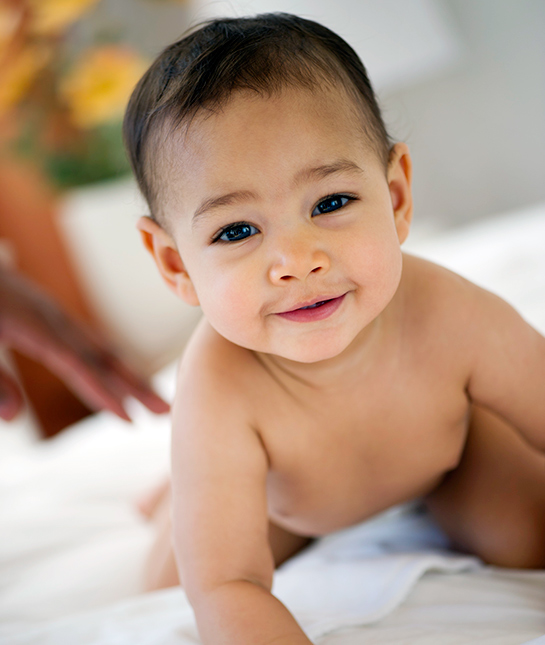
God save us all from developmental milestone charts, the lists that detail at what ages our child should be acquiring what skills. At one moment, you might be marveling at how advanced your child is because of his impressive neck control or the fact that she already has two teeth. The next, you might be assuming the worst because he hasn't rolled over yet or mastered the art of crawling. (My daughter mastered rolling over literally one week after I started freaking out about the fact that she wasn't rolling over.)
The thing about these developmental milestone charts is that they are built upon (very wide) estimates. So your child might be ahead of another one in terms of certain milestones, like grasping at toys or sitting up with support, while also being behind that same child when it comes to other milestones. These things will generally come in their own time.
Will People Think I'm a Terrible Mother?
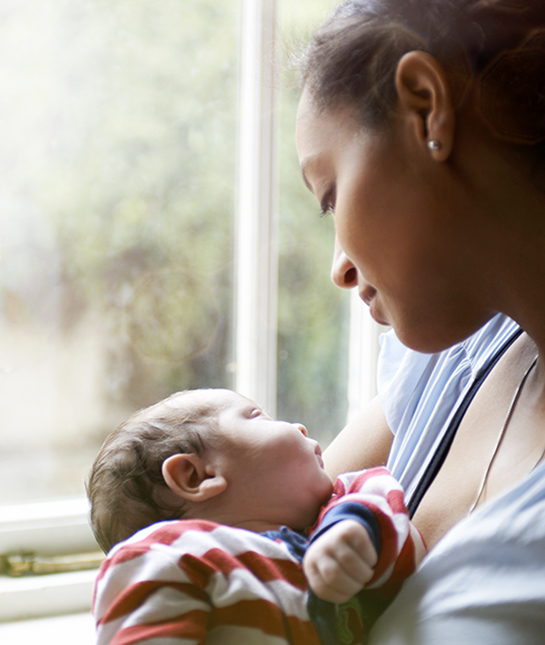
My daughter recently developed a bacterial infection in her diaper region a day before her 6-month checkup that had absolutely nothing to do with how often we change her diaper, or with any other aspect of how we care for her. Despite knowing this, I was still petrified that the nurses would see her rash and judge my parenting abilities.
Ridiculous.
What's also ridiculous is assuming that you're supposed to be a pro at this motherhood thing right off the bat, despite never having been a mother before.
Yes, it will come. But no, this knowledge will not be automatically bestowed upon you by the divine fertility goddess that resides within us all. Motherhood has a definite learning curve, and you should never be afraid to ask questions.
Am I Going to Break the Baby?
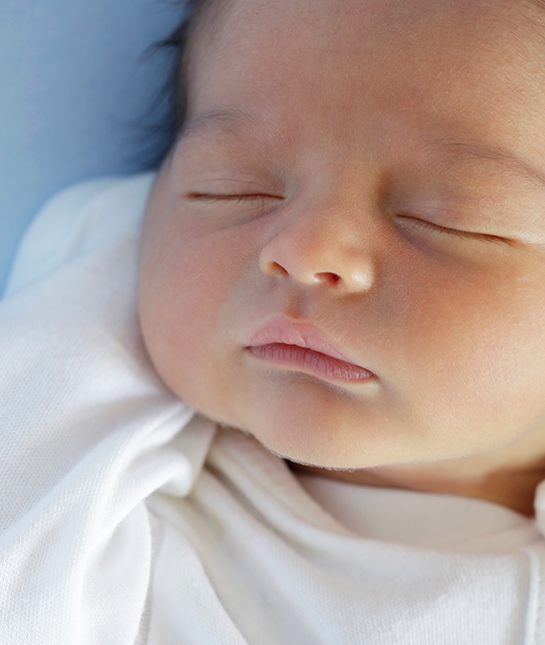
This is a fear I had from the moment I discovered I was pregnant. Every car ride I took that long, icy winter was suddenly imbued with a great sense of danger. I was paranoid about the other drivers on the road. I got scared the one time my car slid into a curb. And forget the time I wiped out on a patch of black ice in my driveway.
Once Em was born, I had nightmares about all the ways she might get sick or injured. After all, she had those soft spots on her head. She had zero neck control. She was a delicate little flower. The first time I tried to put her into an outfit in preparation for finally leaving the hospital, the nurse teased me for being so tentative as I pulled the onesie over her head and pulled her arms through the sleeves.
The thing is, babies are pretty darn resilient. And since I know you'll be on high alert anyway (Is she crying? Oh no! She must be suffering! Why is she so quiet? Oh no! She must have stopped breathing!), I have complete faith that no harm will ever come to your child. (You're knocking on wood right now, aren't you?)
Am I Setting a Bad Example?
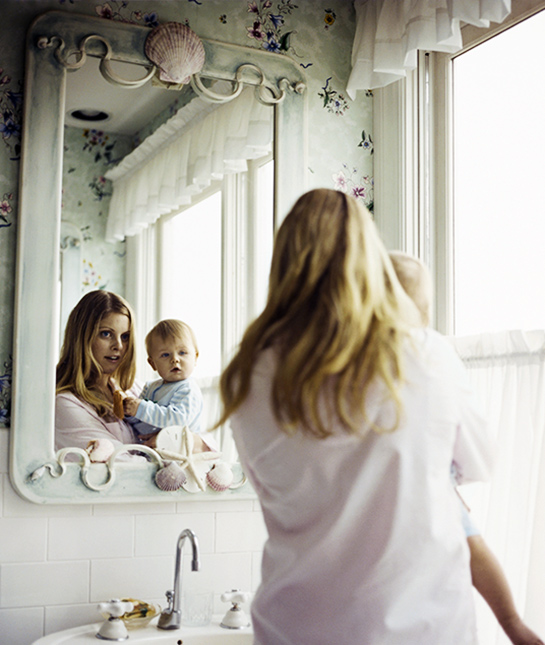
I am an aggressive, road rage-y driver. I have a mouth like a trucker. I engage in knee-jerk expressions of body hate. My social anxiety has led to more instances of regret than anything else in my life. I spend 95 percent of my day staring at a screen (though, to be fair, that last one is my job).
These are all things I pray I don't pass on to my daughter.
Especially the body hate and lack of self-confidence.
The problem is, our children learn their way in the world—at least at first—by observing us.
Luckily, you may have some time before your child begins picking up on certain things. And maybe this will finally be the motivation you need to be a better you!
Will My Kids Walk All Over Me?
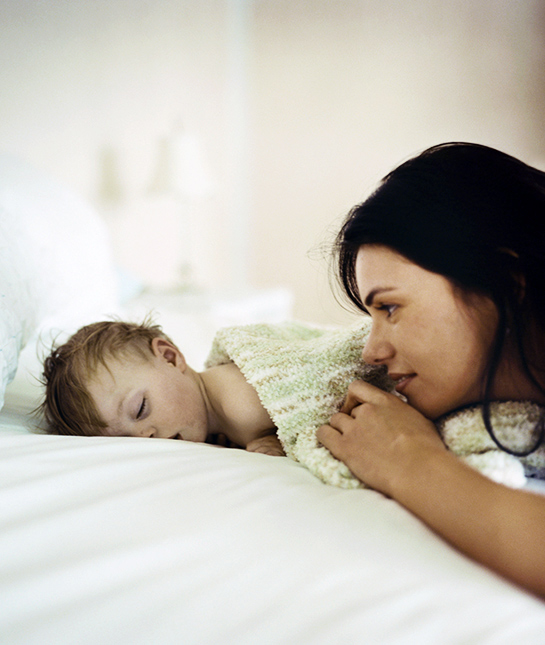
How does one learn how to effectively discipline a child? How does one become the sort of person who inspires feelings of respect and admiration in their sons and daughters? How does one end up with well-behaved offspring? How does one avoid becoming that harried mother at the supermarket whose toddler throws a tantrum while on line at the register because he wants five Snickers bars? The mother at whom childless women everywhere glare and roll their eyes because they don't understand that THIS WILL SOMEDAY HAPPEN TO THEM, TOO?
Darned if I know. My daughter is only 6 months old and a perfect angel. But I remain terrified of becoming the mother I once silently judged.
Will Something Terrible Happen That I Have No Control Over?
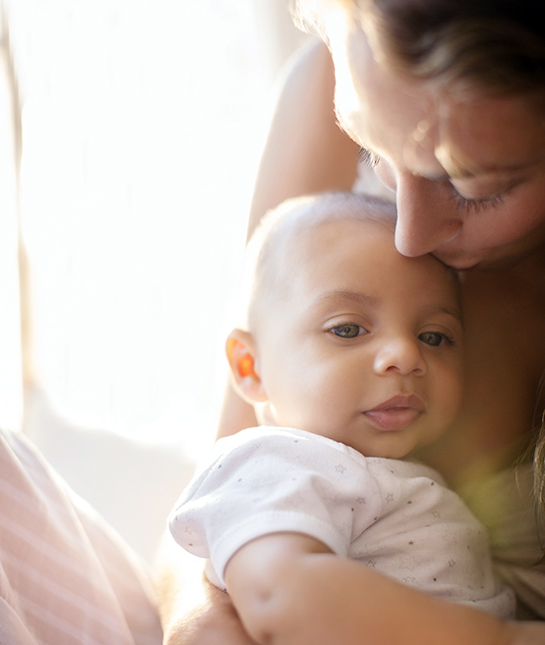
When I was pregnant, the biggest big bad in all of the content I read was SIDS. As I tried to figure out what to register for by researching the safety ratings of various products, I learned that SIDS could be caused by crib bumpers. And blankets. And stuffed animals. As I read about sleep training methods, the specter of SIDS hovered in the margins. I suddenly saw SIDS everywhere I looked.
I can't tell you that SIDS is not something worth fearing. It does, indeed, exist. And throughout our children's lives, they will continue to face things that we, as parents, can't control or keep them safe from.
But what we can do is take precautions and, eventually, educate them so that they can do as much as they can to protect themselves.
Will I Lose My Sense of Self?

Before I became a mother, I was a writer, an editor, a yogi, a reader, a Toastmaster and a crazy cat lady.
Now?
I am still a writer, an editor, a yogi, a reader and a crazy cat lady. And I am also a mother.
Sure, I had to shift all the other parts of my life around to make room for a child. Sure, my priorities are no longer what they once were, and I am no longer the person I once was. Sure, I am often the default parent, and feel both underappreciated and overwhelmed.
But being a mother is not all that I am.
It's easy to become lost in motherhood, especially if you make the decision to put your career on hold in order to care for your child. But being a mom will not always be cluster feeding and poop-splosions and reclusiveness due to the fact that it is so damn hard to get out of the house.
Things will get easier. I promise.
And when they do, you can take stock of what's most important to you. You can reevaluate what's most essential to your sense of self. You can rediscover who you are as a human being, not just as a mother.




